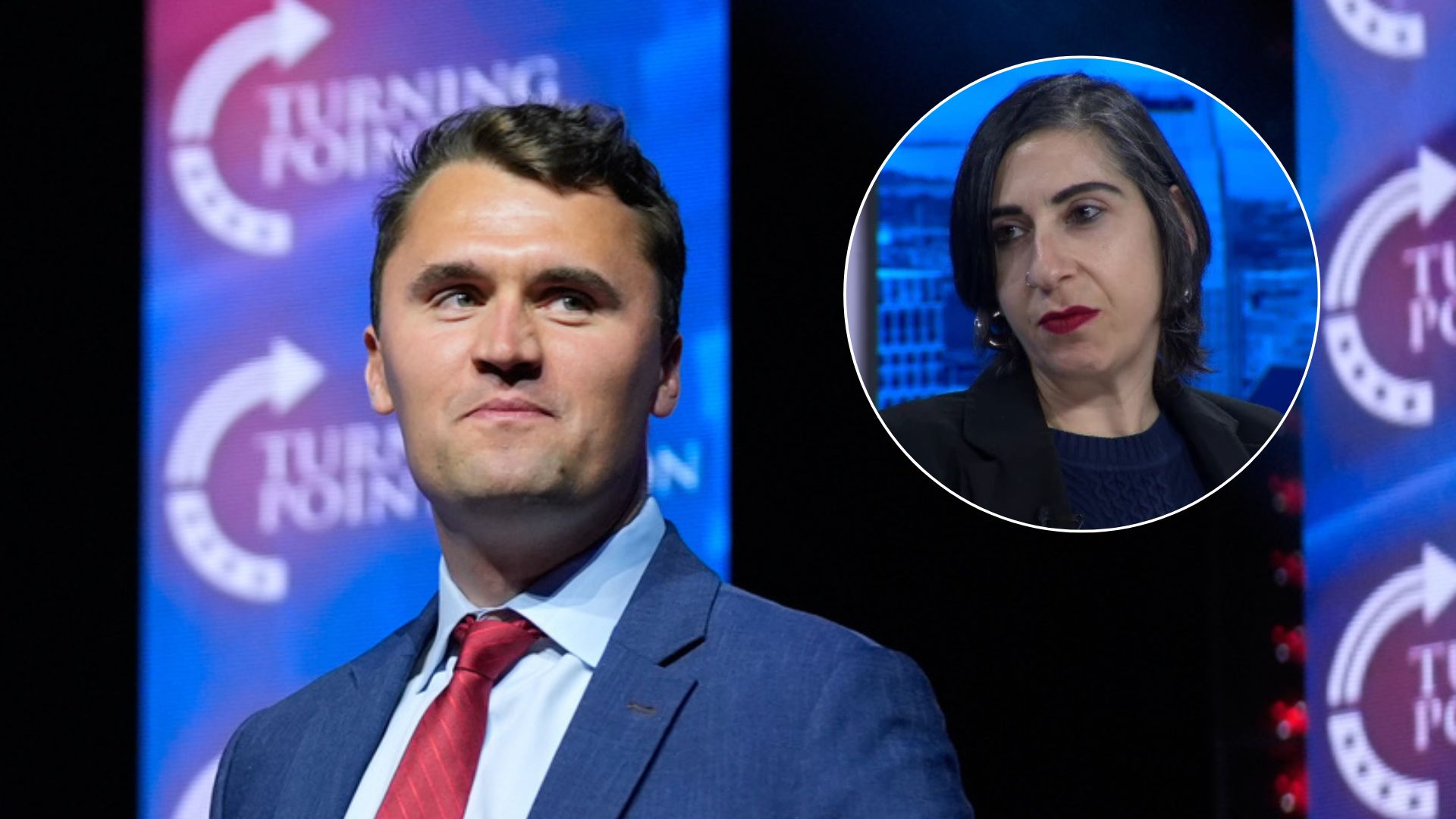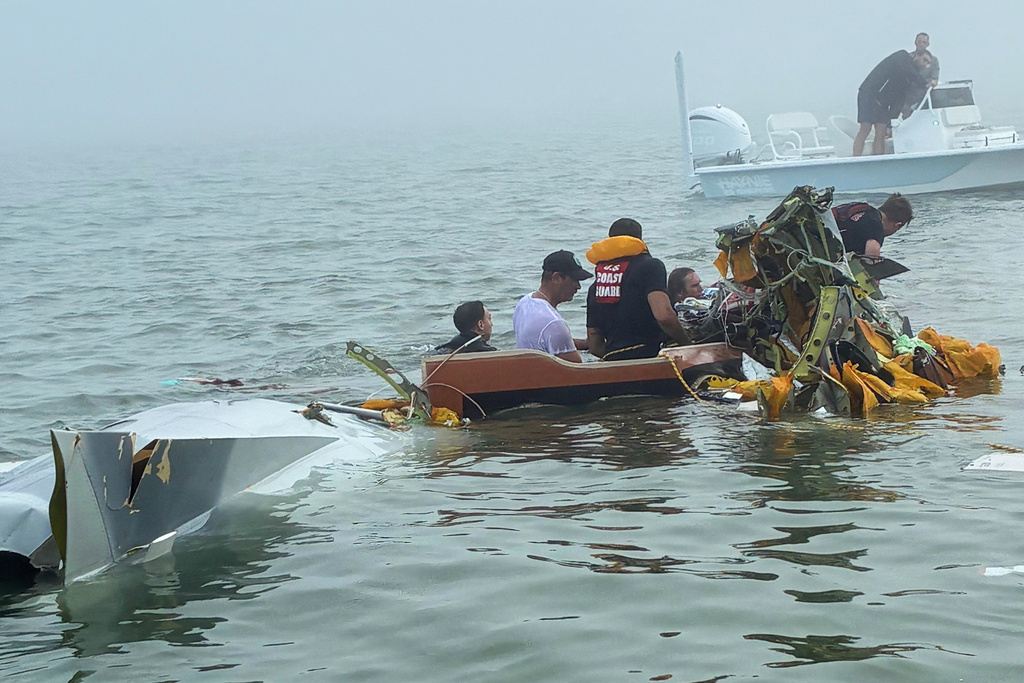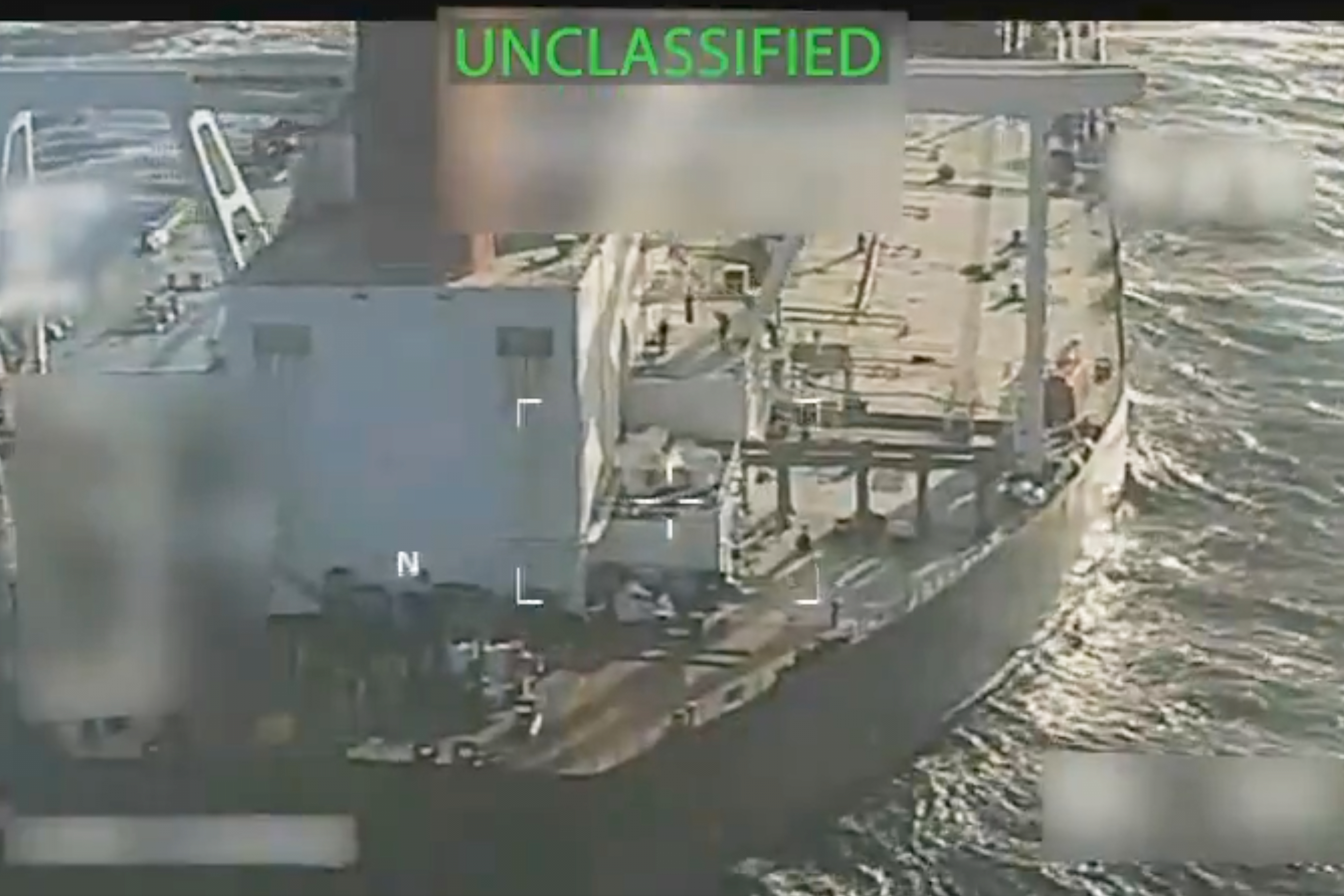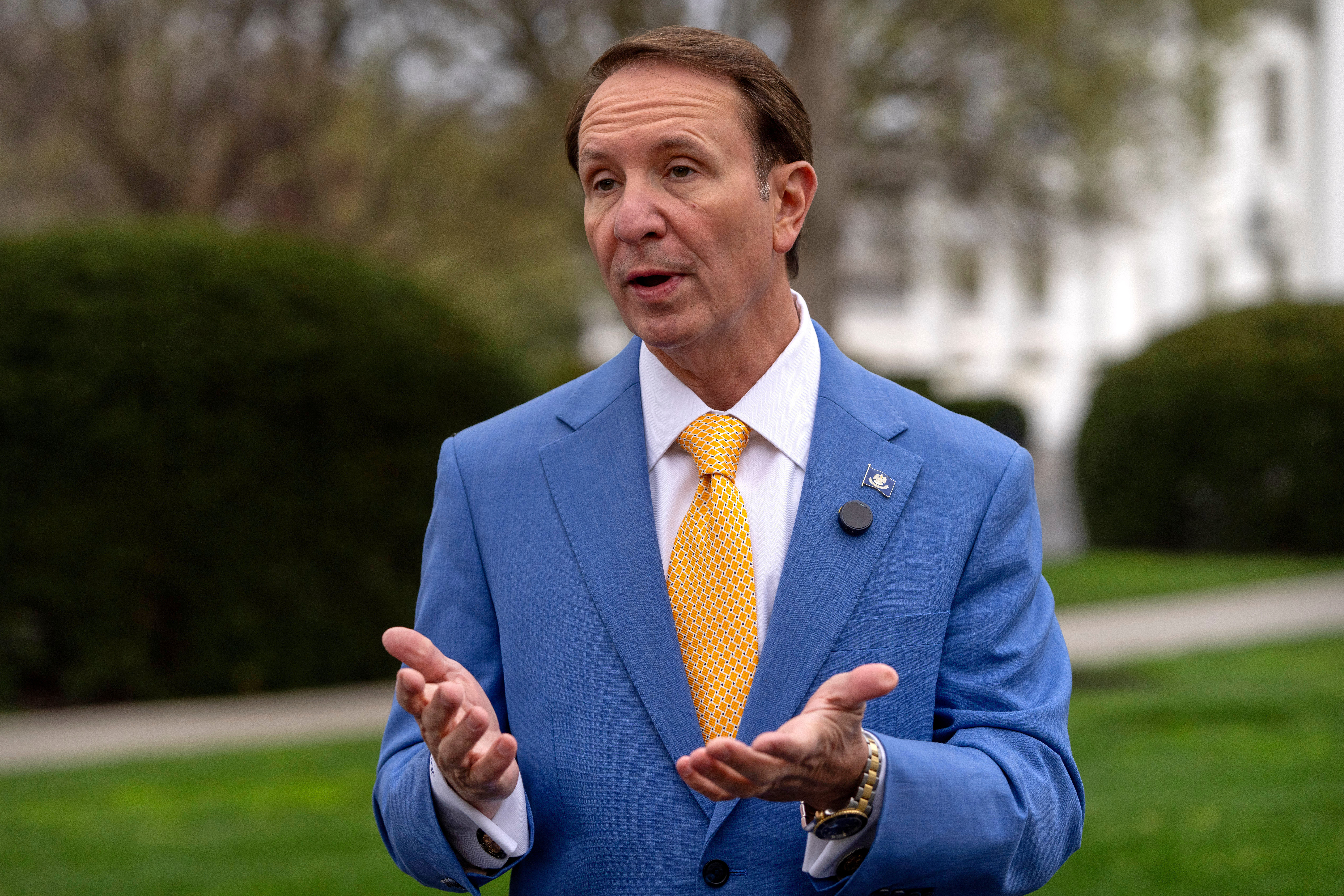Russia's annexation of Crimea triggered an exchange of economic sanctions between the West and Russia, and some early warning signs indicate Russia's economy could slip into recession if the crisis doesn't end soon.
President Obama imposed a series of tough sanctions Thursday on Russian businessmen and oligarchs, along with one Russian bank. So far, these measures have been mostly limited to asset freezes and travel bans.
Russia, in turn, has issued its own travel bans on U.S. politicians — bans the affected lawmakers have proudly accepted, as the Los Angeles Times reports.
And while the current sanctions aren't putting too much weight on Russia's overall economy, the threat of future sanctions has already begun to bite down hard. Here are some of the numbers Putin has to worry about:
Russia's MICEX stock exchange index tumbled about 14 percent since the start of the year, and the ruble has lost 10 percent of its value in the same time. The country's economic minister reports $35 billion worth of capital has fled the country this year, a number that's only expected to increase. And the sluggish Russian economy is only expected to manage 1 percent or less growth this year. (Via Radio Free Europe/Radio Liberty, CNN, Business Insider)
What's more, Putin's got an expensive new territory to look after: The Washington Post cites Russian estimates that Crimea could cost the Kremlin $20-30 billion dollars over the next three years, political costs notwithstanding.
Add up all those factors and a Russian recession might seem to be in the cards if sanctions escalate any further. But as usual, the truth is a bit more complex.
For one thing, sanctions are a double-edged sword, and Europe has a lot at stake in the current geopolitical crisis. The Wall Street Journal notes that in addition to the region's reliance on Russian gas exports, European banks have about $150 billion assets tied up in Russian banks, which would suffer under a Russian recession.
The BBC notes European investors have been "pretty freaked out" by the Ukrainian crisis, and are lobbying E.U. governments not to impose further sanctions.
And one analyst thinks further sanctions might play right into Putin's hands anyway. He told Politico sanctions will drive Russia's wealthy oligarchs away from foreign investment — and deeper into Putin's grasp.
"The oligarchs become much more beholden to him if their money is effectively under his control. ... This reduces the main leverage the West has over Russia and Russians."
The Ukrainian crisis shows no signs of de-escalating anytime soon — Sunday, a NATO commander cautioned that Russian troops massed at the Crimean border might be considering an attack neighboring Moldova.











